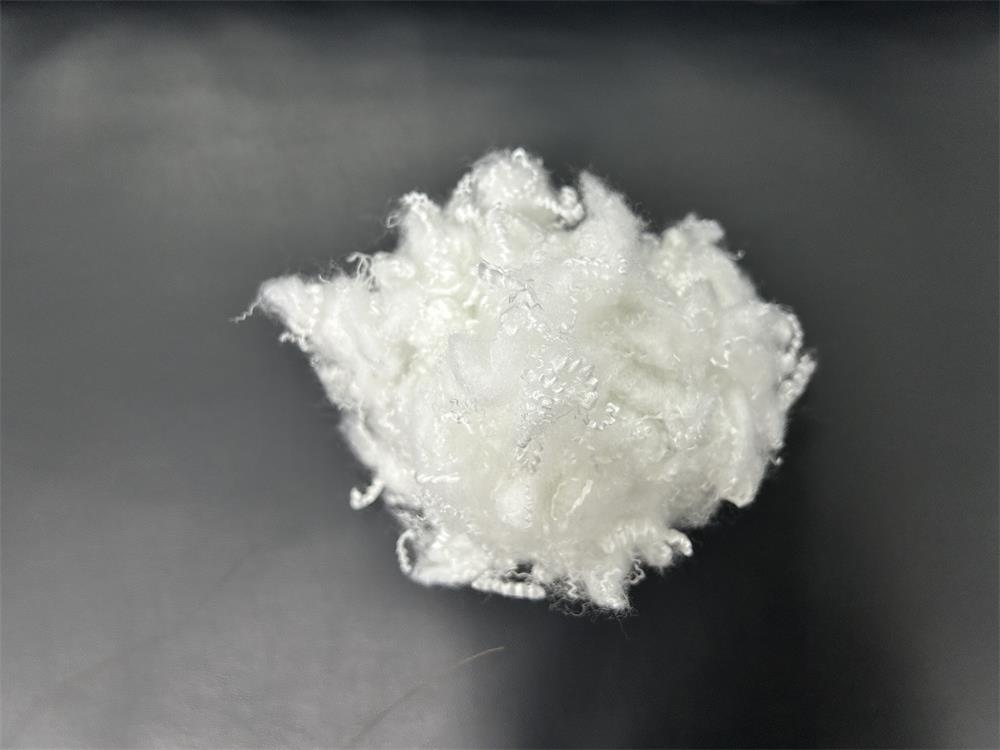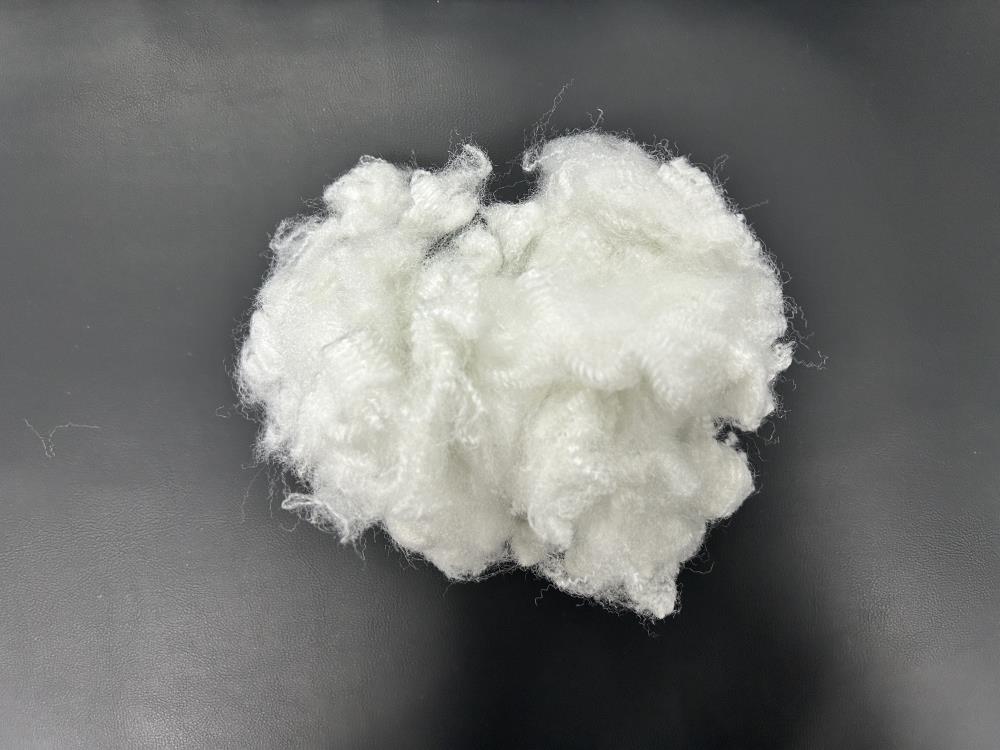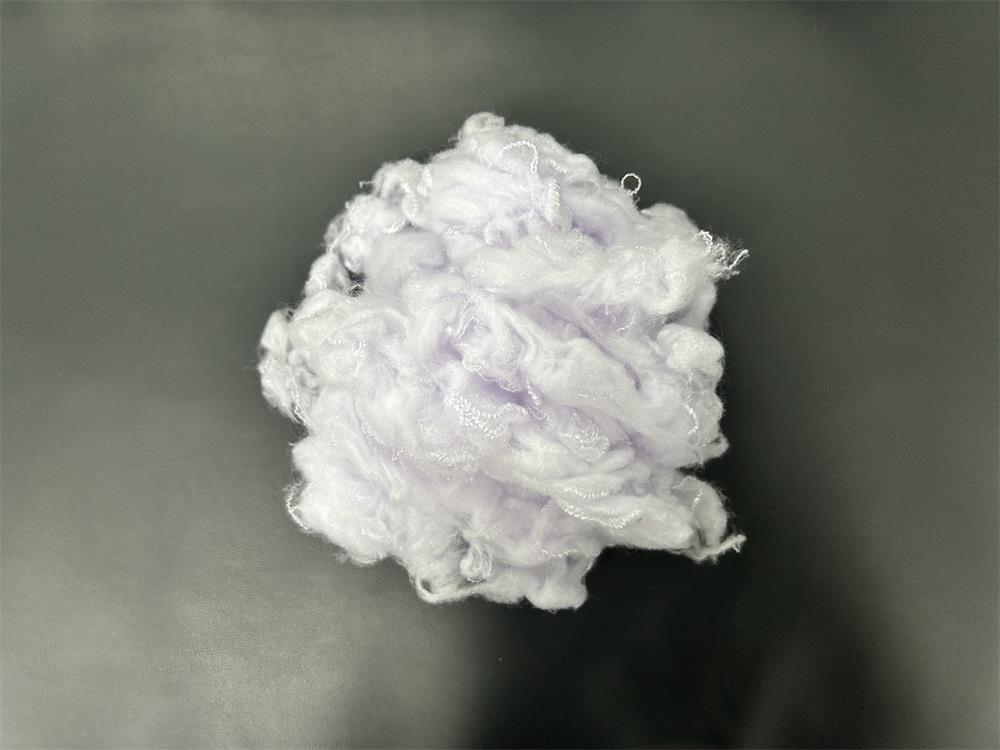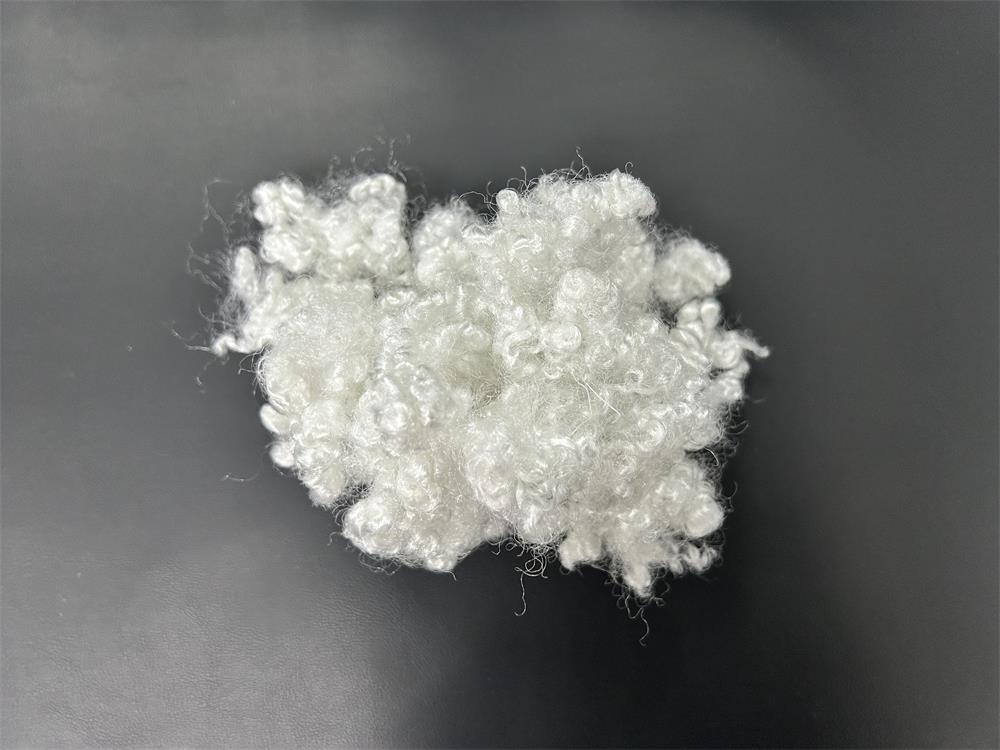The fashion industry has made significant progress in sustainability in recent years, with a particular focus on reducing plastic waste. One innovative solution that is gaining traction is the use of recycled polyester, a material derived from discarded plastic bottles and other sources of plastic waste. Let’s delve deeper into the journey of recycled polyester and discover how it transformed from a pollutant into a fashion necessity.

The Origin of Recycled Polyester Fiber
Traditional polyester, derived from petrochemicals, has long been a staple in the fashion industry. However, its production process is resource-intensive and leads to environmental degradation. The concept of recycled polyester emerged in response to this problem, aiming to repurpose plastic waste into valuable textile resources.
The recycling process of recycled polyester fiber
The journey to recycled polyester begins with the collection of plastic waste, including bottles, containers and packaging. These materials undergo a meticulous sorting and cleaning process to remove contaminants. After cleaning, the plastic is crushed into small flakes or pellets. The pellets are then melted and extruded into fine fibers that can be spun into yarn and woven into fabrics suitable for a variety of fashion applications.

The environmental impact of recycled polyester fiber
One of the most compelling aspects of recycled polyester is its positive impact on the environment. Help reduce pollution and protect natural resources by diverting plastic waste from landfills and oceans. Additionally, the production of recycled polyester consumes less energy and water than conventional polyester, significantly reducing its carbon footprint. By choosing clothing made from recycled polyester, consumers can actively contribute to the fight against plastic pollution.
The versatility and performance of recycled polyester
Recycled polyester offers many advantages in addition to its environmental credentials. It shares many of the same properties as pure polyester, including durability, wrinkle resistance, and moisture-wicking capabilities. Additionally, it can be blended with other fibers to enhance its properties and create innovative textiles suitable for a variety of fashion products. From activewear and swimwear to outerwear and accessories, recycled polyester is proving to be a versatile and reliable choice for designers and consumers.

Recycled polyester embraces sustainable fashion
As consumers become more aware of their purchasing decisions, brands are responding by incorporating recycled polyester into their product lines. From high-end fashion houses to fast-fashion retailers, the adoption of sustainable materials is becoming a key differentiator for the industry. By prioritizing recycled polyester, brands demonstrate their commitment to environmental stewardship while meeting the growing demand for eco-friendly fashion options.

Conclusion about recycled polyester fiber
Recycled polyester’s journey from plastic waste to fashion essential is a testament to the fashion industry’s growing commitment to sustainability. By reimagining waste as a valuable resource, recycled polyester offers a viable solution to the environmental challenges posed by traditional polyester production. As consumers continue to prioritize sustainability, demand for recycled polyester apparel is expected to grow, driving positive change throughout the fashion supply chain. By using recycled polyester, we are not only reducing our reliance on finite resources, we are also paving the way for a more circular and renewable fashion economy.
Post time: Mar-24-2024
